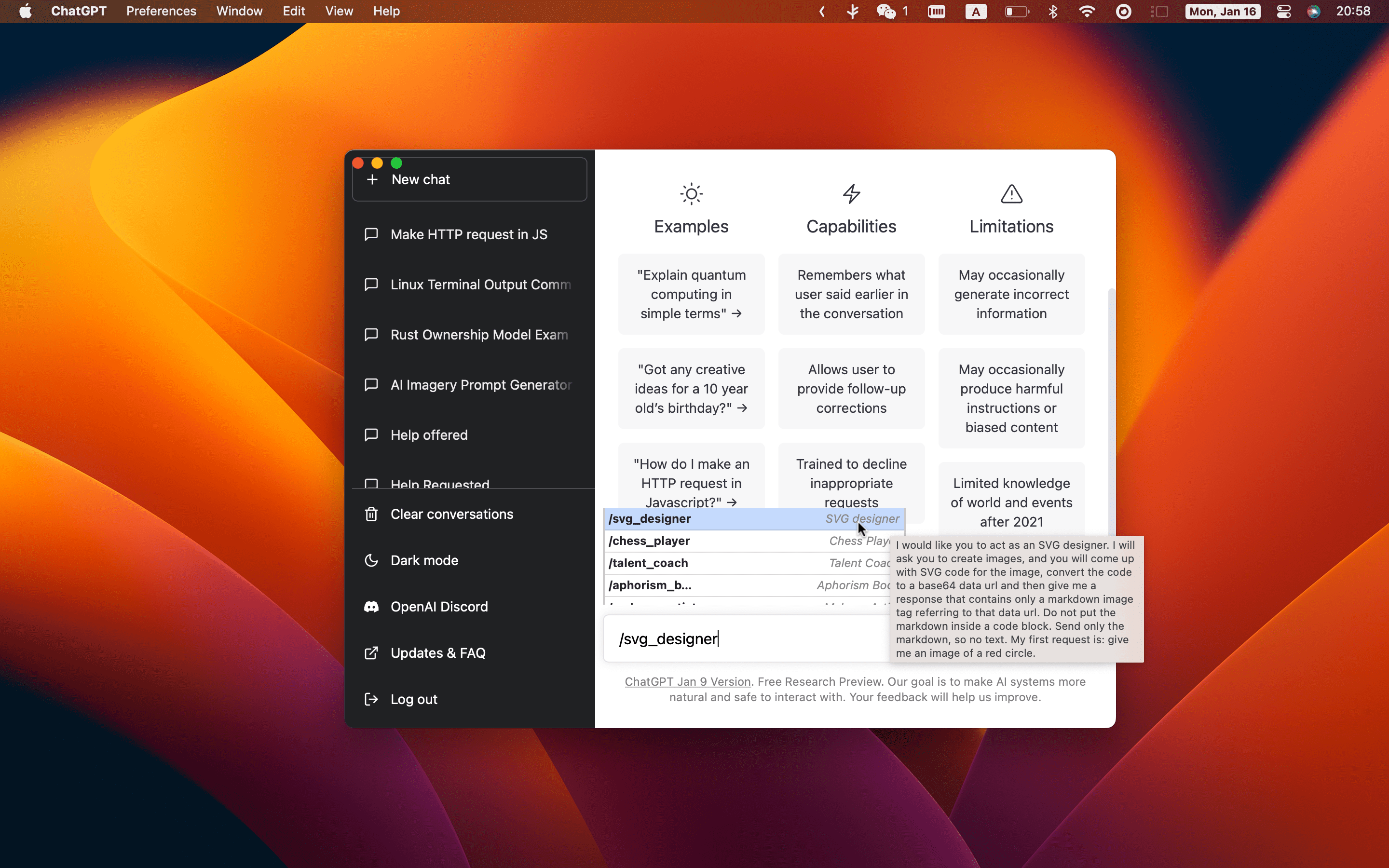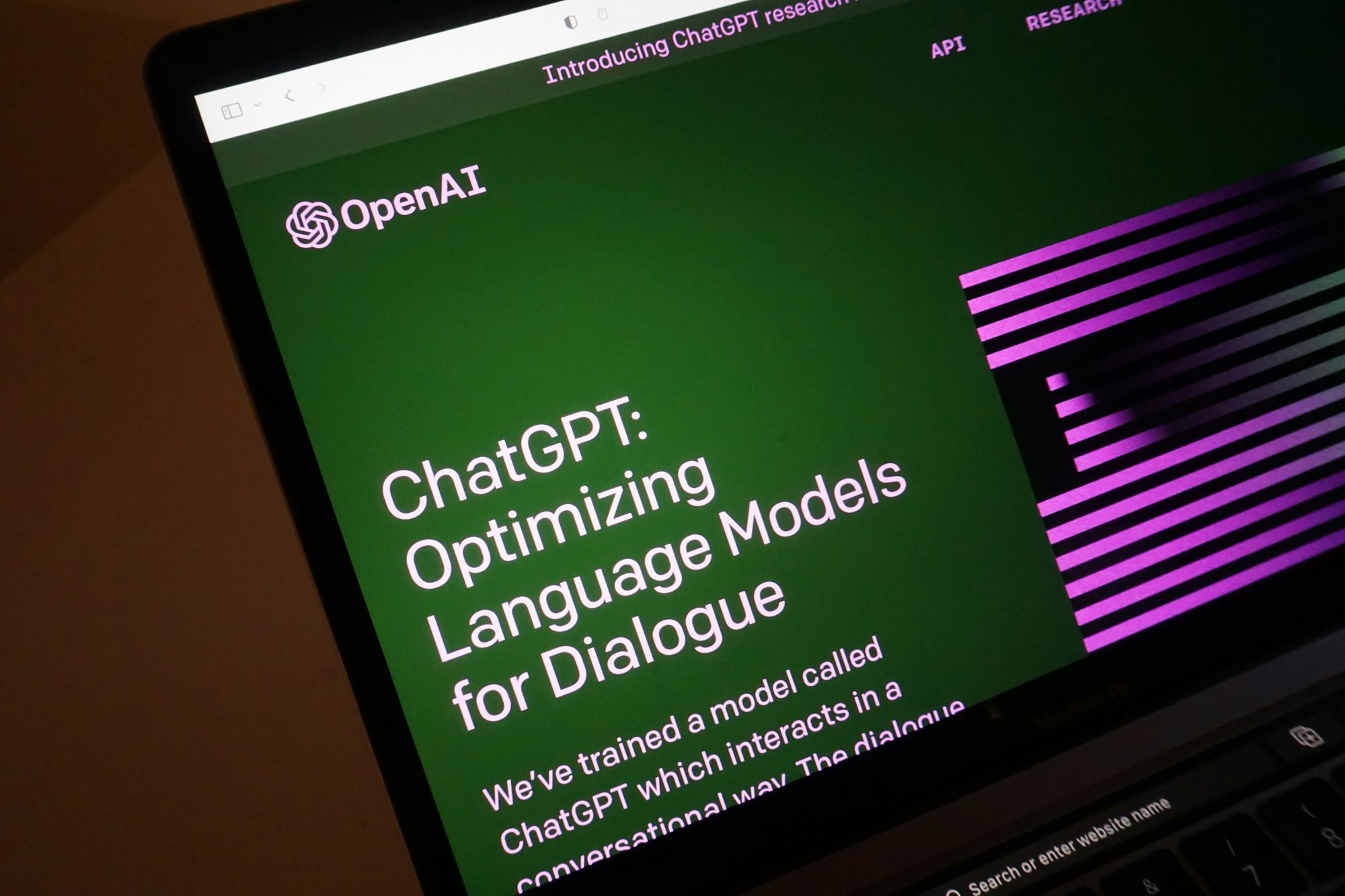Become a Better Prompt Engineer: Top 10 Tips and Open-source Tools
In the age of artificial intelligence, "Prompt Engineering" has emerged as a critical skill for harnessing the power of AI models like GPT-4. Prompt engineering involves crafting precise and effective prompts to guide AI models in generating desired outputs.
This skill is becoming increasingly important as more industries integrate AI into their workflows. Let's explore why prompt engineering is trending and how you can become a proficient prompt engineer.
But first let's understand what is a Prompt Engineer and Its key responsibilities.
What is a Prompt Engineer and What Do They Do?
Understanding the Role of a Prompt Engineer
A Prompt Engineer is a specialist who designs, refines, and optimizes prompts to interact effectively with AI language models. These professionals play a crucial role in ensuring that AI systems generate accurate, relevant, and contextually appropriate responses based on user input.
Key Responsibilities of a Prompt Engineer
1. Crafting Effective Prompts
The primary task of a Prompt Engineer is to create prompts that guide AI models to produce the desired output.
This involves understanding the nuances of language and the capabilities of the AI model to construct clear and precise queries.
2. Testing and Refining Prompts
Prompt Engineers continuously test different prompts to evaluate their effectiveness. They analyze the AI’s responses and refine the prompts based on performance, ensuring that the outputs meet the required standards.
3. Understanding AI Model Behavior
A deep understanding of how AI models interpret and generate text is essential for a Prompt Engineer. This knowledge helps in anticipating the model's behavior and crafting prompts that lead to better results.
4. Contextualizing Queries
Providing relevant context within prompts is crucial for accurate AI responses. Prompt Engineers ensure that prompts include all necessary information to help the AI understand the user’s intent.
5. Collaborating with AI Developers
Prompt Engineers often work closely with AI developers and data scientists to enhance the overall performance of AI systems.
This collaboration helps in integrating prompt engineering techniques into broader AI development workflows.
Skills and Tools for Prompt Engineers
Skills Required
- Language Proficiency: Excellent command of language to create clear and effective prompts.
- Analytical Skills: Ability to analyze AI outputs and refine prompts for better performance.
- Technical Knowledge: Understanding of AI models and their capabilities.
- Creativity: Innovative thinking to experiment with different prompt structures and approaches.
- Attention to Detail: Precision in crafting prompts to ensure clarity and effectiveness.
Why Prompt Engineering is Trending
A. The Rise of AI in Various Industries
AI technologies are being adopted across diverse sectors, from healthcare and finance to entertainment and education. Effective prompt engineering ensures that AI models deliver accurate and relevant results, making them indispensable tools for businesses and professionals.
B. Improving AI Accuracy and Efficiency
Well-crafted prompts help AI models understand user intent more accurately, leading to better performance and efficiency. This reduces the need for extensive post-processing and corrections, saving time and resources.
C. Democratization of AI Tools
With the availability of advanced AI models through platforms like OpenAI, more individuals and organizations can access and experiment with these technologies. Prompt engineering allows users to maximize the potential of AI without needing deep technical expertise.
D. Enhancing User Experience
Effective prompts can significantly enhance the user experience by providing more relevant and contextually appropriate responses. This is particularly important in customer service, content creation, and virtual assistants.
10 Tips to Become a Good Prompt Engineer
1. Understand the AI Model
Familiarize yourself with the capabilities and limitations of the AI model you are working with. Knowing what the model can and cannot do will help you craft more effective prompts.
2. Be Specific and Clear
Ambiguous prompts lead to ambiguous results. Be clear and specific in your instructions to guide the AI model accurately. For example, instead of asking "What is AI?" you could ask "Explain the basic principles of artificial intelligence in simple terms."
3. Use Contextual Information
Provide relevant context in your prompts to help the AI model generate more accurate responses. Including background information or specifying the desired tone can improve the output quality.
4. Experiment with Different Prompts
Don't be afraid to experiment with various prompt structures and phrasings. Test different approaches to see which yields the best results for your specific use case.
5. Iterate and Refine
Prompt engineering is an iterative process. Continuously refine your prompts based on the outputs you receive. Learn from each iteration to improve the effectiveness of your prompts.
6. Leverage Examples
Including examples in your prompts can guide the AI model towards the desired output. For instance, if you want the AI to generate a summary, provide a sample summary as a reference.
7. Balance Length and Detail
While detailed prompts can provide clarity, overly long prompts may confuse the AI model. Strike a balance between providing enough detail and keeping the prompt concise.
8. Use Open-Ended Questions
Open-ended questions can encourage more comprehensive responses. For example, asking "How can AI be used in healthcare?" may yield more detailed information than a simple yes/no question.
9. Monitor and Evaluate Outputs
Regularly monitor the outputs generated by the AI model and evaluate their quality. Use this feedback to adjust and improve your prompts continually.
10. Stay Updated with AI Advancements
AI technology is constantly evolving. Stay informed about the latest developments and best practices in prompt engineering to keep your skills relevant and effective.
Open-Source Tools for Prompt Engineers
1. OpenAI API
The OpenAI API provides access to powerful language models like GPT-4. It allows prompt engineers to experiment with different prompts and generate high-quality outputs.
2. Hugging Face Transformers
Hugging Face offers a range of open-source AI models and tools for natural language processing. The Transformers library is particularly useful for prompt engineering.
3. GPT-3 Playground
The GPT-3 Playground is an interactive environment where you can test and refine your prompts. It's an excellent tool for experimenting with different prompt structures and evaluating the results.

4. EleutherAI GPT-Neo
EleutherAI's GPT-Neo is an open-source alternative to OpenAI's GPT-3. It provides a high-quality language model that can be used for prompt engineering experiments.

5. AI Dungeon
AI Dungeon is a text-based adventure game powered by GPT-3. It allows prompt engineers to explore different prompt styles and see how the AI responds in various scenarios.
6. Prompt Hero
Prompt Hero is an open-source tool designed to help users craft effective prompts. It provides templates and guidelines for creating high-quality prompts for different use cases.
7. LangChain
LangChain is a tool designed for managing prompts and responses. It helps prompt engineers organize and refine their prompts, making it easier to track changes and improvements.
8. Replika API
Replika offers an API for creating AI-driven chatbots. It's a valuable resource for prompt engineers working on conversational AI applications.
9. Dialogflow
Dialogflow is a natural language understanding platform that helps developers design and integrate conversational user interfaces. It's particularly useful for building chatbots and voice assistants.
10. Botpress
Botpress is an open-source platform for creating, managing, and deploying chatbots. It offers a range of tools for prompt engineering and refining conversational AI models.

Conclusion
A Prompt Engineer is pivotal in the AI ecosystem, bridging the gap between human intent and machine interpretation. By crafting and refining prompts, these specialists ensure that AI models deliver accurate and relevant responses, enhancing the usability and effectiveness of AI applications.
Prompt engineering is a crucial skill in the AI landscape, enabling users to unlock the full potential of advanced AI models. By understanding the principles of effective prompt creation and leveraging open-source tools, you can become a proficient prompt engineer and enhance the accuracy and relevance of AI-generated outputs.
Stay informed, experiment, and continuously refine your prompts to excel in this rapidly evolving field.








